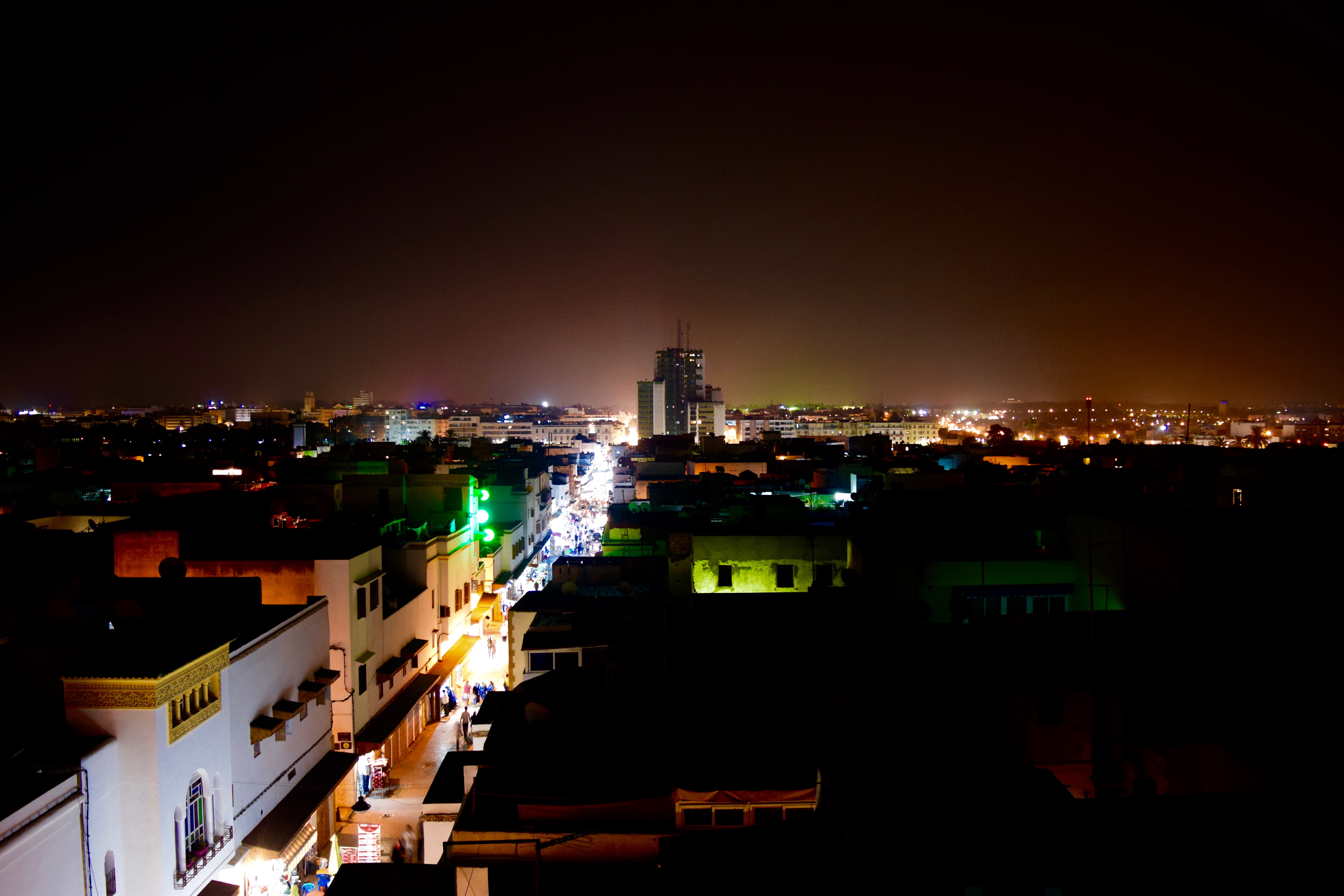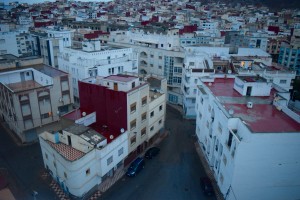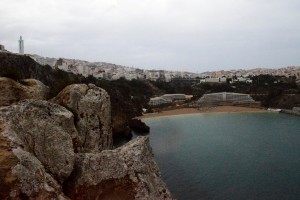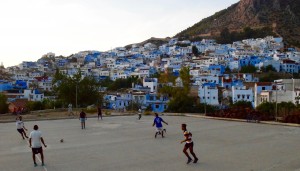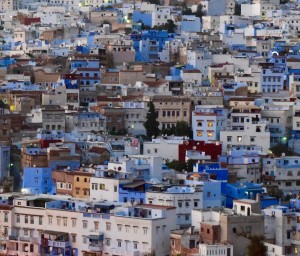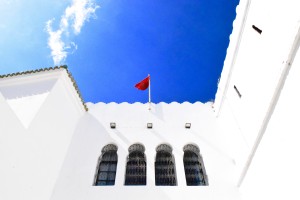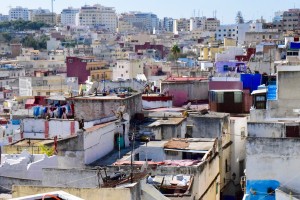Nador/Al Hoceima/Bades – The seventh week of the program took me to northern Morocco to learn about the history of the region and its inhabitants. The Berber people are an ethnic minority that have traditionally lived in the Riff mountains and have worked to maintain autonomy from the monarchy in central and southern Morocco.
The Berber population played a key role in fighting for Moroccan independence throughout the beginning of the 20th century. The mountainous region proved difficult to colonize, and many Berbers hoped that they would be privy to their own independence when Spain and France left. This was not the case, and the Berber’s have been the victims of 60 years of oppression since then.
The scars of the 1958 tragedy were still very apparent when we visited a small village outside of Bades. An old couple that lived in the village and tended to a small shrine let us in on the lore of the land. They told us that in 1958, Moroccan police had come to their village and decimated a field of olive trees. Ghosts now evidently haunt the village.
Northern Morocco is a strange place to visit in mid-October. Following the brutal repression by Morocco’s Monarchy, the country instituted a preferential visa application process that made it easy for Riffian citizens to obtain documents to travel to Europe.
Today, many of the houses are abandoned, evidently owned by migrants living and working all across the west. They spend their summers in Morocco, and send remittances back all year round, but their absence is profound.
Sitting at a cafe in Al Hoceima, overlooking the bay, we spoke with a migrant who had lived the entirety of his adult life in a small town in Holland. He said that he hoped to move back to Morocco one day to start a business, but that the country was still too corrupt.
He said that he still didn’t feel Dutch, even though he had lived their most of his life. His Dutch friends viewed him as the exception to the “Moroccan problem”, but he experienced racist stereotyping everyday.
What was so striking to me about Northern Morocco was the physical beauty of the cities that we visited. Dark grey cliffs tower over white sand beaches and turquoise water in Al Hoceima. We spent one afternoon swimming in the salty waters of the Mediterranean, watching the sun slowly dip beneath the tallest crags of the Riff mountains. Bades is nestled in an enormous national park with rolling orange and red hills and sky scraping cliff faces.
Cities like Marakesh and Casablanca, while beautiful, are choked with tourists and vendors. The vendors cling on your clothes and scream outrageous prices for fake wares in your ear. We didn’t experience any of that in the North. In many ways, the things that make Morocco Moroccan were not present in the Riff.
Before embarking on the excursion we watched an interview with the son of one of the most important figures in the Rifian independence movement. He said that to him, the greatest tragedy of Moroccan domination of the North was more insidious that people think. It wasn’t the widespread murders and rapes that characterized 1958 and 1959. It wasn’t the lack of political autonomy or the economic degradation that has plagued the region since. It was migration. The fact that the Moroccan government had not only forced the Riff to fall under Moroccan sovereignty, but that they had so thoroughly done so that they had convinced the Rifian people to willingly give up their land and move to Europe.
